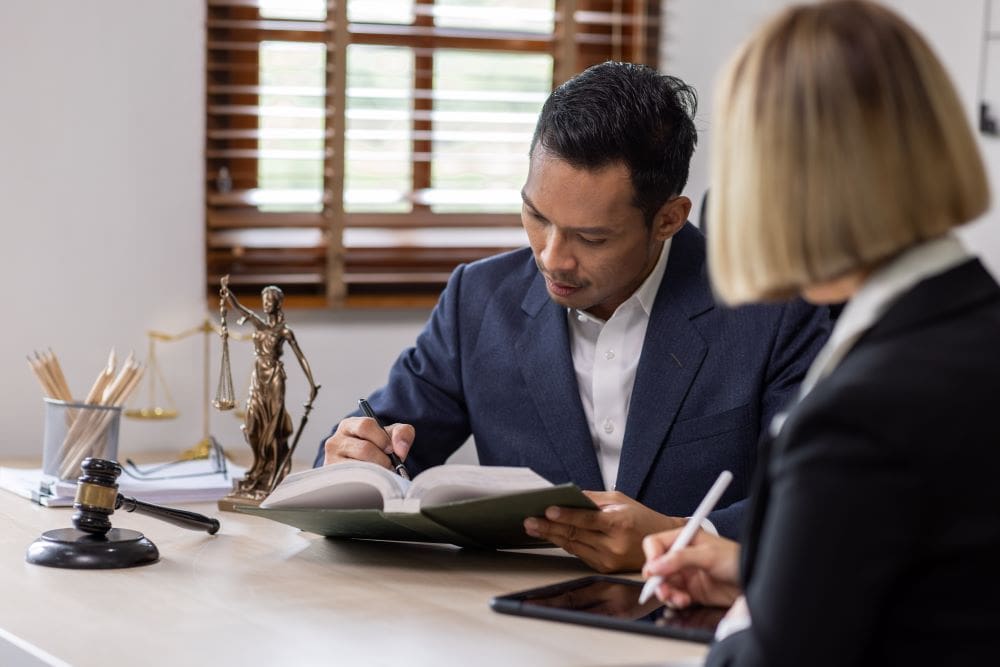If you’re like most people, your estate plan was probably more than a little bit of a burden to create. And once you’ve got it in place, the last thing you want is for someone left behind to have trouble accessing or using it. This is why it’s important to ensure your assets are well-protected if something happens to you.
In this article, we provide a beginner’s guide to determine whether your assets and estate are protected or not. Read through the article for more details.
Know How the Assets are Titled
The first step in determining whether your assets are protected is to know how they are titled. If you have a home, vehicle, or other property that is not titled in your name alone (or with another adult), there’s a chance that it may be considered an asset of the marriage.
If this is the case, then any funds used to purchase these items during the marriage could potentially be considered marital property and, therefore, subject to division between you and your spouse if there were ever to be a divorce.
Understand Your Beneficiaries
A beneficiary designation is a legal document that names who will receive your assets when you die. Reviewing this document regularly is important because it can change over time, especially as your family grows and changes. If a beneficiary designation isn’t up-to-date, it could cause problems later on.
One of the best ways to protect your assets is to review beneficiary designations for retirement accounts, life insurance policies and other financial assets.
Check that your beneficiaries can access all the information they need to access your estate. You may want this information kept with an attorney, who can then make sure it is available when needed by the appropriate people in the event of an emergency or death.
Review Living Will
A living Will is a document that allows you to specify your wishes for medical treatment in the event you’re unable to communicate them yourself. A healthcare power of attorney is another specific document to help your estate distribution.,
If you don’t have either of these documents, now is not too late! They’re easy to create and can be done through an attorney. It’s important that they include all relevant information so that they’ll be valid if something happens where you can’t speak for yourself–for example, if the doctor needs permission from someone before performing surgery or withdrawing life support (or both).
You also want to ensure that your executor keeps up with his or her estate plan. An estate plan should be reviewed every year, and if it’s not updated as needed, it may no longer meet your needs.
If you have an attorney who has been appointed as your executor, he or she will likely ask that you sign a document called “authority to act” that authorizes him/her to carry out the duties of an executor without having any liability for doing so (in other words: you won’t be liable for anything).
This form should include language about how often the person needs permission from family members before making any decisions on behalf of their loved ones–and how long those permissions last after death occurs.
Validate that Beneficiaries Have all Information
Ensure your beneficiaries have all the information they need to access your estate. This includes a copy of your will, power of attorney, and insurance policies.
Ensure that everyone knows which accounts are yours and where they’re held. That way, when you die or become incapacitated, there won’t be any confusion about which assets go where. Also, make sure that family members know about any passwords or account numbers for these accounts so that they can access them after-the-fact if necessary (if this is allowed).
Make sure your beneficiaries know where to find important documents. If you have a copy of your will, trust, and other legal documents, make sure they’re in a safe place where loved ones can easily find them when needed (e.g., at home).
Conclusion
Hopefully, this article has given you some ideas on how to protect your estate and make sure it goes where it’s supposed to. The most important thing is to make sure that those who are left behind have all the information they need to access and use the assets you’ve left them in your will or trust.
And if there are any changes that need making–like adding new beneficiaries or changing titles on assets–then do so as soon as possible.
We at The Bourassa Law Group are here to manage all your legal troubles in the state of Nevada. Call us at (800)870-8910 and talk to our legal resource for directions.





